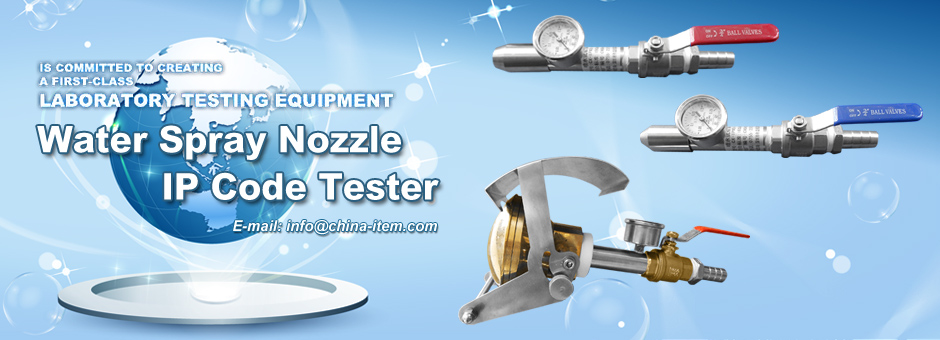contact us
products
- Main Products
- IEC Test Probe
- UL Test Probe
- Material Flammability Tester
- IP Code Tester
- Impact Test Apparatus
- Security Testing Machine
- Lamp Cap Gauge Tester
- Lampholders Gauge Tester
- Plug & Socket Tester
- Electrical Safety Tester
- LED Test Instruments
- Environmental Test Equipment
- Instrument Accessories
- Weighing Sensor
- Others Testing Equipment
technical articles
Company News
Home Appliance Safety Tips
If you have an appliance that repeatedly blows a fuse or trips a circuit breaker, it could be an indication that the appliance has some sort of defect which eventually could lead to fire or electrical shock. Unplug the appliance immediately and have an experienced technician or repair person examine it for problems.
Other Home Appliance Safety Recommendations
Here are some other home appliance safety tips that you can use right away:
- Check to make sure your small appliances and tools have the seal of approval from a reputable testing facilities, such as Underwriters Laboratories (UL), ETL-SEMKO (ETL) or Canadian Standards Association (CSA).
- Always read the owner’s manual before using small appliances and power tools. Follow the manufacturer’s recommendations on their proper use and maintenance.
- When you aren’t using small electrical appliances like hair dryers, curling irons, electric shavers, toaster and clothes irons, unplug them so they don’t present an electrical hazard.
- Check to make sure there are no breaks or exposed wiring in power cords, plugs or connectors before using any electrical appliance or tool.
- Keep appliance cords as short as possible to avoid tripping accidents and to prevent appliances from tipping over.
- Water and electricity can be a lethal combination, so make sure to keep electrical cords and small electronics such as TVs, radios, hair dryers and curling irons away from sinks and tubs.
- Make sure you always have ground fault circuit interrupter (GFCI) whenever an electrical source and water are within six feet of each other, such as in your bathroom, your kitchen or outdoors. These are tiny breakers that are located inside the electrical outlet themselves that protect against electrical shock.
- If an electrical appliance or tool becomes damaged, take it to an authorized repair center. If you choose to replace it with a new one, unplug the item, cut the cord and safely dispose of it.
- If a live electrical appliance falls into water, never in after it to retrieve it without unplugging the appliance first and or shutting off the circuit at the breaker.


































